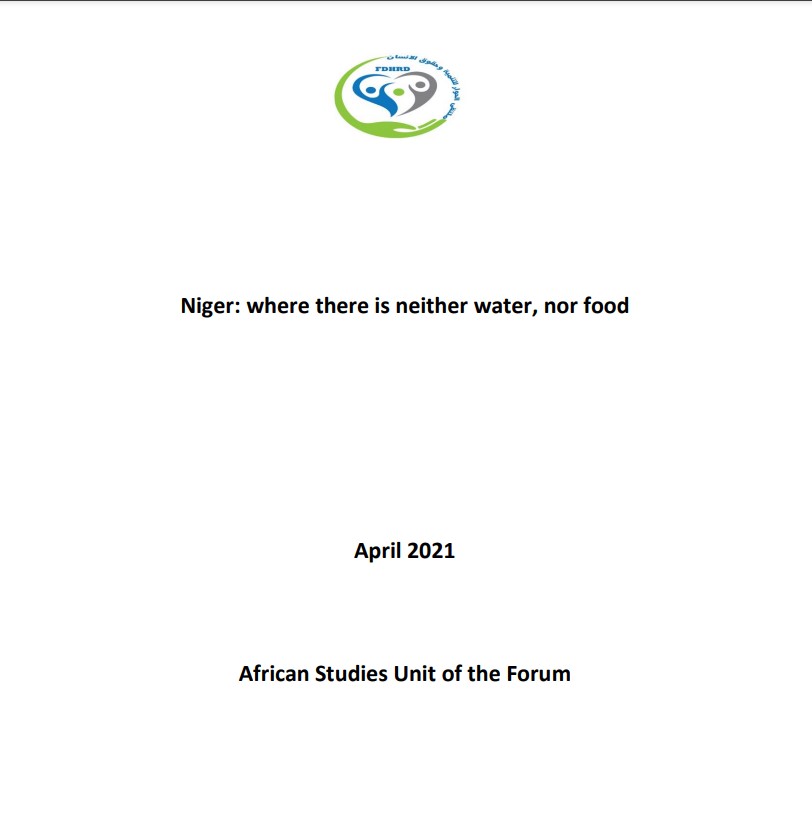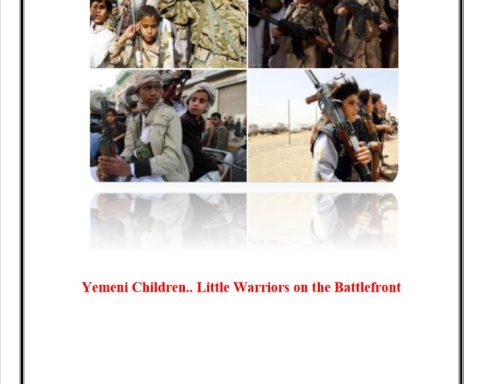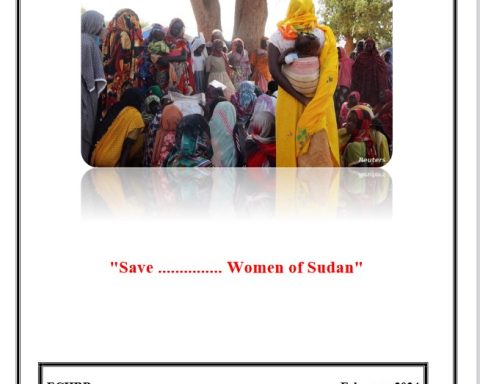Niger ranks last in the Human Development Index, ranking 189 out of 189 countries. It is also facing a state of poverty, insecurity and the effects of climate change. Food insecurity in Niger has reached crisis level, with 1.2 million people from all over the country in The period between October and December 2020
The problem of food insecurity is partly due to repeated shocks from the effects of climate change such as droughts and floods that disrupt the agricultural season, as arable land decreases every year due to water erosion after heavy rains in the soil, resulting in the loss of crops and livelihoods for thousands of affected farmers. The proportion of malnourished people in Niger has risen to 12.7 percent, while health experts estimate that more than 450,000 children between the ages of 6 and 59 months will suffer from malnutrition in 2021.
Hunger and malnutrition have limited the economic activity of many of the country’s population centers, and many local industries have collapsed, and citizens have had to sell their property to buy food, and many have survived by cooking wild plants and eating tree leaves. Wasting has affected many farmers, and this has reached the point where they are unable to cultivate their land.








